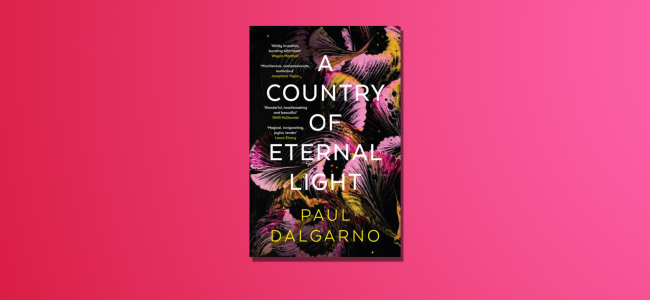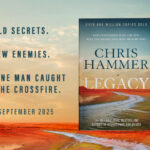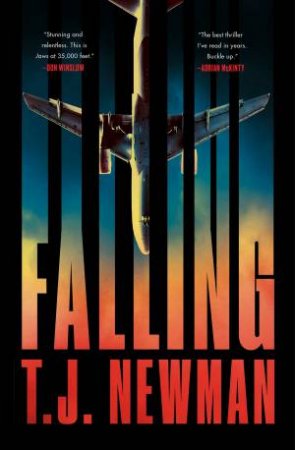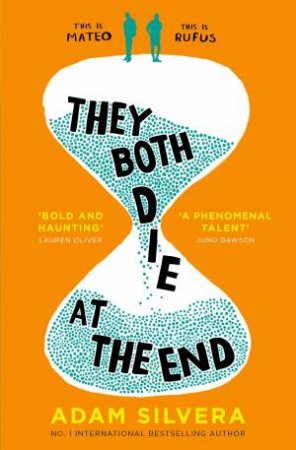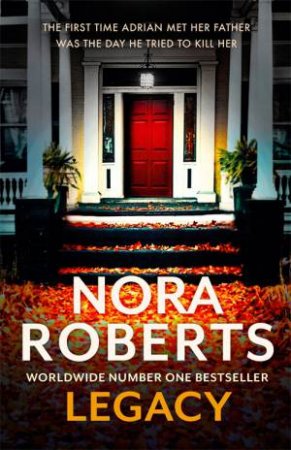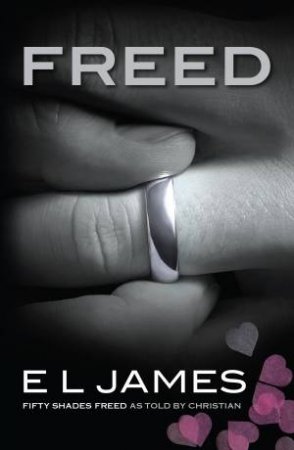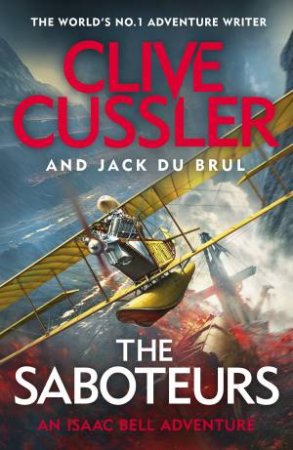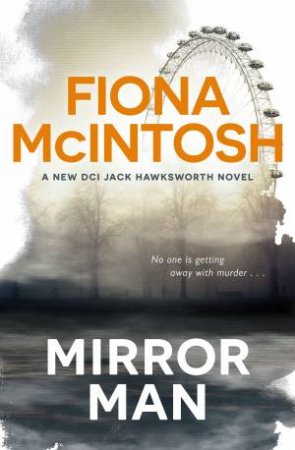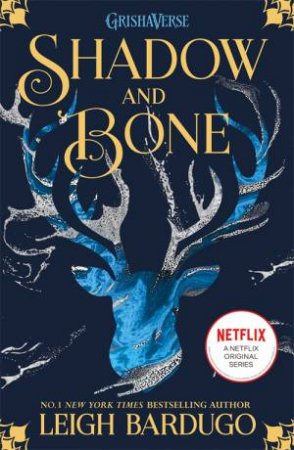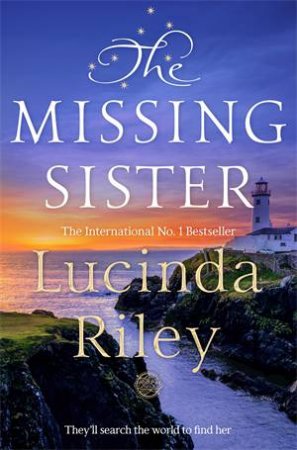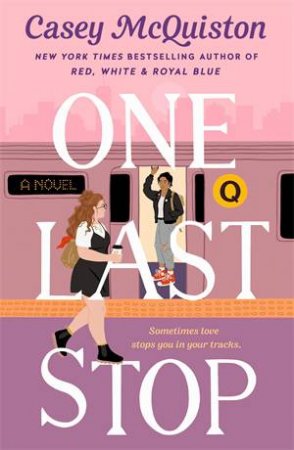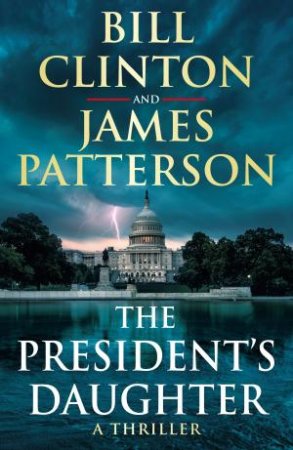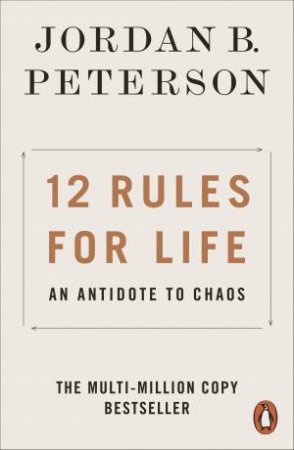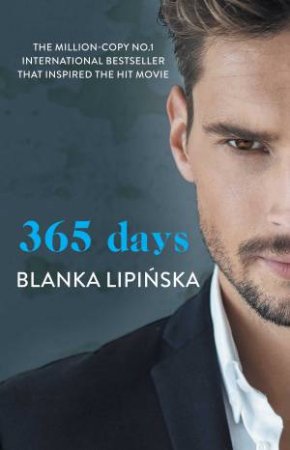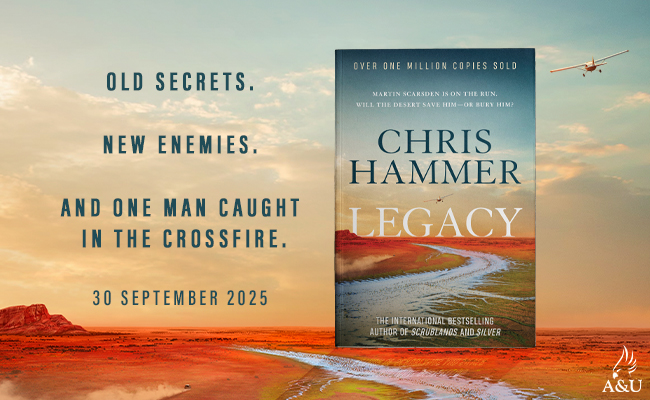Written by Australian author Paul Dalgarno comes an astonishingly inventive, playful, witty, poignant and deeply moving novel “A Country of Eternal Light.”
This incredible story follows Margaret Bryce, deceased mother of twins. She is having a hard time since her passing in 2014. hese days she spends time with her daughters – Eva in Madrid, and Rachel and her family in Melbourne – and her estranged husband, Henry, in Aberdeen. Mostly she enjoys the experience of revisiting the past, but she’s tiring of the seemingly random events to which she repeatedly bears witness. There must be something more to life, she thinks. And death.
For our QBD blog readers, we have a special note from Paul about why he wrote this poignant and utterly original story. Let’s dive in!
A Country of Eternal Light is essentially a ghost story. Margaret Bryce, our narrator, is a native of Aberdeen, Scotland, who’s been dead for a number of years. She’s not particularly mystical (she doesn’t necessarily believe in ghosts, for example), and yet she finds herself visiting and revisiting scenes from her past, out of sequence – She’s not just remembering them, she’s actually there again, in ghostly form. That means sometimes there are two Margarets, one living and one dead, and sometimes only Dead Margaret watching something she didn’t experience first time round.
Mostly she’s revisiting times with her husband Henry and – even more so – her twin daughters, Eva and Rachel, who were extremely close as children but have been estranged since their teenage years. In fact, the first time they’ve been in the same place together for years is when they both return from their lives overseas (Eva in Spain and Rachel in Australia) to spend the last few weeks of Margaret’s life with her in Scotland. Margaret doesn’t know why she’s reliving and revisiting these moments, although she does have a sense there’s something she’s maybe hiding from herself. And she also has a growing awareness that she can interact, even just a little, with some of those past events.
As we go back and forth with Marg, we also get to revisit some key historical moments that happened during her life and that of her family. The bombing of Wurzburg, Germany, during World War II; Margaret Thatcher’s ‘right to buy’ housing scheme in the UK; the Piper Alpha oil rig disaster in Aberdeen. Right through to the Black Summer bushfires and Covid/ lockdown era in Australia.
Stories of all sorts play a big part in this book, whether that’s Frankenstein, which is stitched all the way through, or the work of Virgina Woolf, Robert Burns, Jane Austen, the Bible … Even the made-up bedtime stories Rachel tells her children in Australia. And that belief in the power of stories is related in many ways to why I wanted to write this book.
I’m from a very working class background where the assumption was that there were certain books you didn’t, couldn’t or shouldn’t read. And if you did, you probably wouldn’t understand what you were reading. That you didn’t go to university. That improving yourself meant, at best, learning a trade and leaving it at that. As per that model, I left school at 14 with no exams and started working as a painter decorators apprentice, then a washing machine engineer.
A few years into that, because I felt inexplicably pulled to it, I signed up for a night class in English literature and it changed my life. For much of the year, it was just me and my teacher, Mr Donald Cunningham, who was in his final year of teaching and, to cut a long story short, I couldn’t believe there was someone, maybe lots of people, for whom stories and literature mattered – not just as an airy-fairy thing for ‘other people’ but as a vital life-giving force available to everyone, a free resource that was literally there for the taking. I didn’t have the words to express to Mr Cunningham what all of this meant to me at the time, but we kept in touch and I did tell him a few years later, while studying literature at uni.
Once, when talking to my dad’s mum about the text I was reading for uni – Paradise Lost – she said casually that she’d enjoyed it but didn’t really rate the sequel, both of which she’d got from the library at some point. I was stunned. This was someone who worked in the fish yards her entire life gutting fish. My mum’s dad, an electrical engineer by trade, taught himself to speak fluent Spanish from tapes, again from the library, and was a voracious reader across multiple genres. He was proud of me, as the first in our family to go to uni. My gran, my mum, and a number of others in my family would often say variations of: I’d have loved to have gone to university … if only I had the brains. I’d try to tell them the truth, that there were loads of not so smart people at uni, a surprising amount really, and so many that were way less intelligent than them. But I don’t know that they were ever fully convinced by that.
This book, then, is something of a tribute to them, to anyone who shines as brightly as they did, despite all the odds, and against expectations, without fully realising it. I remember thinking when I was writing it: if this is the last thing I ever write, I want it to be something that connects with people as deeply and genuinely as possible, something that expresses what I want to say as honestly and poetically as I can. It’s a story about love and family, written from the heart, and that’s what I want people to feel as they’re reading it.
To order “A Country of Eternal Light” by Paul Dalgarno, you can visit us in-store or on our website today!

